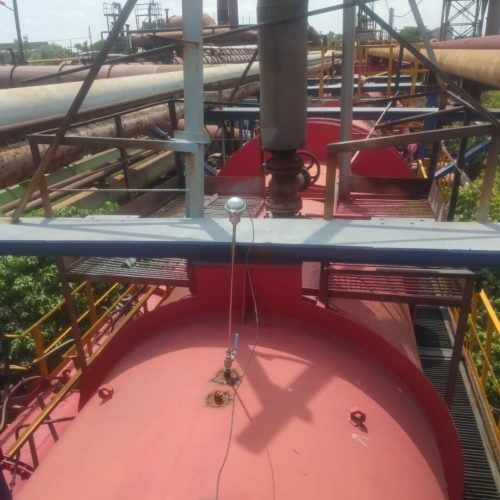BLAST FURNACE GAS FLOW MEASUREMENT IN STEEL PLANT
In steel industries Blast furnaces have a key role in smelting iron ore together with fuel (coke) and flux (limestone) continuously supplied from the top of the furnace. Hot blast air with oxygen enrichment is blown into the lower section of the furnace through a series of pipes (tuyeres). This results in chemical reactions while material falls downwards in the furnace.


Comments
Post a Comment